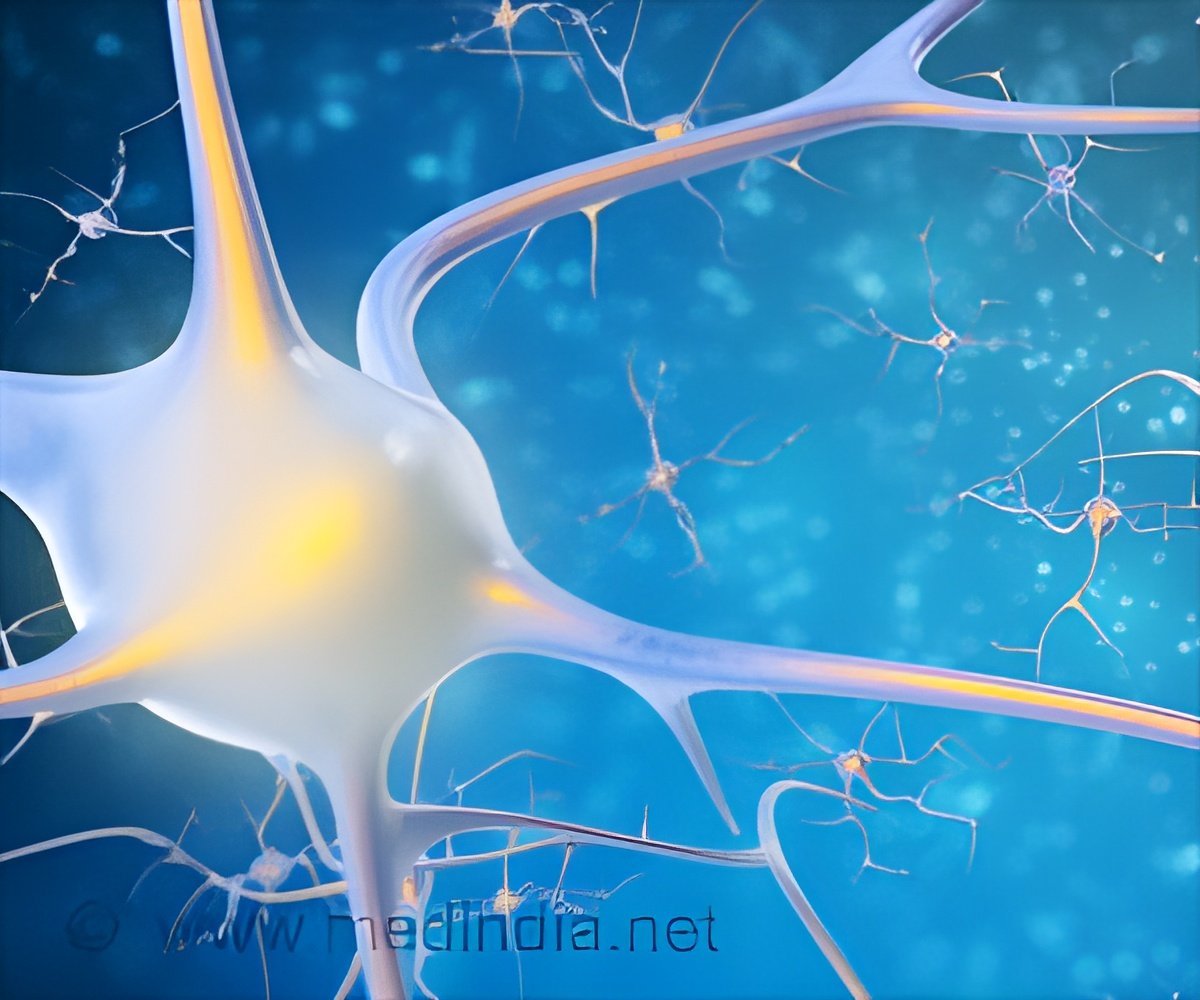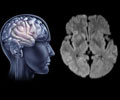Scientists have successfully removed amyloid plaque from the brain and restored memory in a mouse model of Alzheimer’s disease.

Scientists have successfully removed amyloid plaque from the brain and restored memory in a mouse model of Alzheimer’s disease. They injected the mice with the microbubbles and swept the ultrasound beam across the entire brain. The treatment was repeated almost daily.
After these treatments the mice were put through three memory intensive tasks. Compared to the control group that received microbubbles but no ultrasound, the mice showed “full restoration of memory in all three tasks,” according to the researchers.
The next step is to try this out in clinical trials. The team from the University of Queensland in Australia hopes that these results can be replicated and brought to practice as soon as possible.
Source-Medindia
 MEDINDIA
MEDINDIA




 Email
Email




